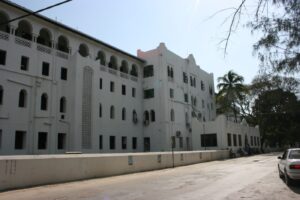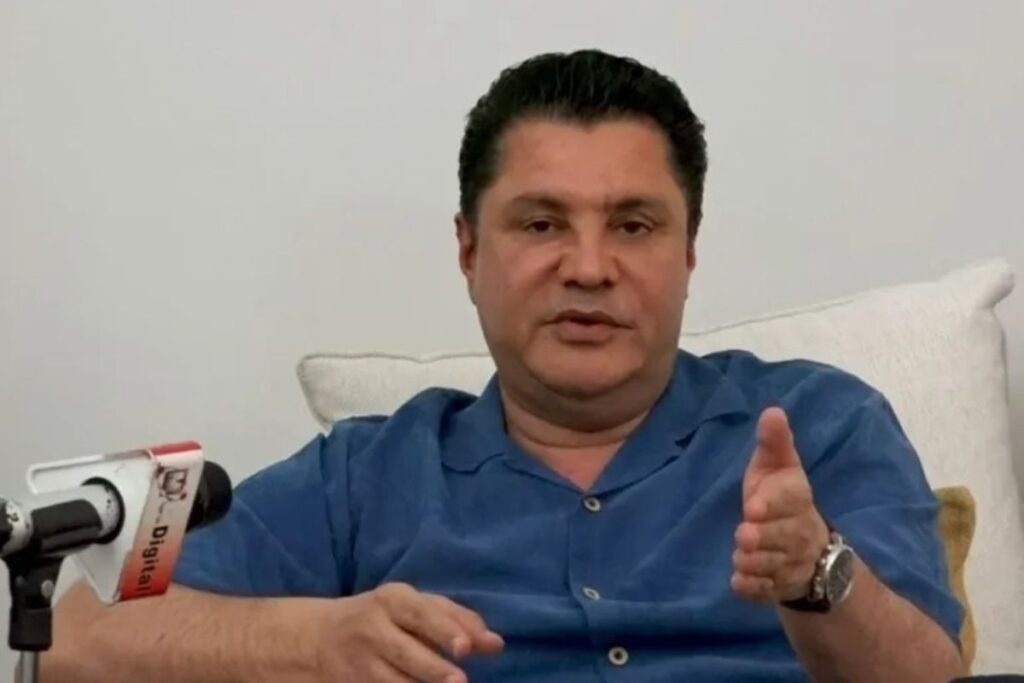This, Mr Aziz said, could improve Zanzibar’s education quality to match those of other island nations like Seychelles and Mauritius, which, according to him, are ranked first and third in terms of education quality.
Like the late Seif Sharif Hamad, Mr Aziz believes that quality education enables people to become critical thinkers; empowers graduates to have self-assessment and self-evaluation tenets, and brings encourages people to crave for new knowledge and skills.
“Graduates have to be innovative and creative, as well as daring and self-confident,” he said during the second edition of the Maalim Seif Sharif Hamad annual conference.
Apart from making Zanzibaris in diaspora an integral part of the Isles’ economy, the education policy to be designed should be one that will enable the people of Zanzibar and Tanzanians as a whole to benefit from President Samia Suluhu Hassan’s economic diplomacy, which has seen a monumental rise in foreign direct investment (FDI).
Data produced by Mr Aziz shows that during her first year in office, President Hassan’s administration has managed to raise FDI by 300 percent from $1.13 billion during the year ending March 2021 to $4.144 billion during the year ending March 2022.
The type of education needed, said Mr Aziz, should be one that enables Tanzanians to see the opportunities that come with the rise in FDI, and President Hassan’s efforts to improve diplomacy which has also seen a rise in inflows of funds from development partners, including those from the International Monetary Fund (IMF).
“In fact, I can provide scientific evidence to prove that whenever a person from Zanzibar ascends to the Union presidency, Tanzania undergoes a massive economic revolution. We saw this during the reign of Retired President Ali Hassan Mwinyi and now during President Hassan’s time in office,” he said.
He said although the late Seif Sharrif Hamad did not rise to the highest office in the land, he nevertheless managed to prevent the nationalisation of some private businesses in the 1980s when he was the secretary of the ruling party’s National Executive Council.
“He did so in the belief that an economy is to be built by the private sector,” Mr Aziz said.
Meanwhile, closing the event yesterday, CCM Vice chairman (Mainland) Abdulrahman Kinana said innovative activities undertaken by the youth should be researched.
He said research should come up with challenges and shortfalls that would be helpful in getting answers to shortfalls that have been hindering the youth from realising their goals.
Mr Kinana said the youth have been making efforts to educate themselves and use their brain and intelligence, powers and innovation methods to create employment opportunities in order to generate their income.
“I should use this opportunity to advise those evaluating the need for improving the country’s education system that they should set some time for listening to the youth because they are innovative and experienced enough in the challenges they have been facing,” he said.
Share this news
This Year’s Most Read News Stories

Elon Musk’s company to launch internet in Tanzania
Elon Musk’s Starlink internet service is expected to be available in Tanzania in the first quarter of 2023, with analysts saying the new development will boost the digital economy.Continue Reading

Dissecting the role of the insurance ombudsman in Tanzania
The basic purpose of an insurance plan is to provide financial security to you and your family in case of your misfortunes during the policy tenure.Continue Reading

Huduma Zimezorota Hospitali Ya Rufaa Mnazi Mmoja Zanzibar
Huduma katika Hospitali ya Rufaa ya Mnazi Mmoja Zanzibar zimezidi kuzorota huku wananchi wengi wakilalamikia uongozi wa Hospitali hiyo na watendaji wake.Continue Reading












